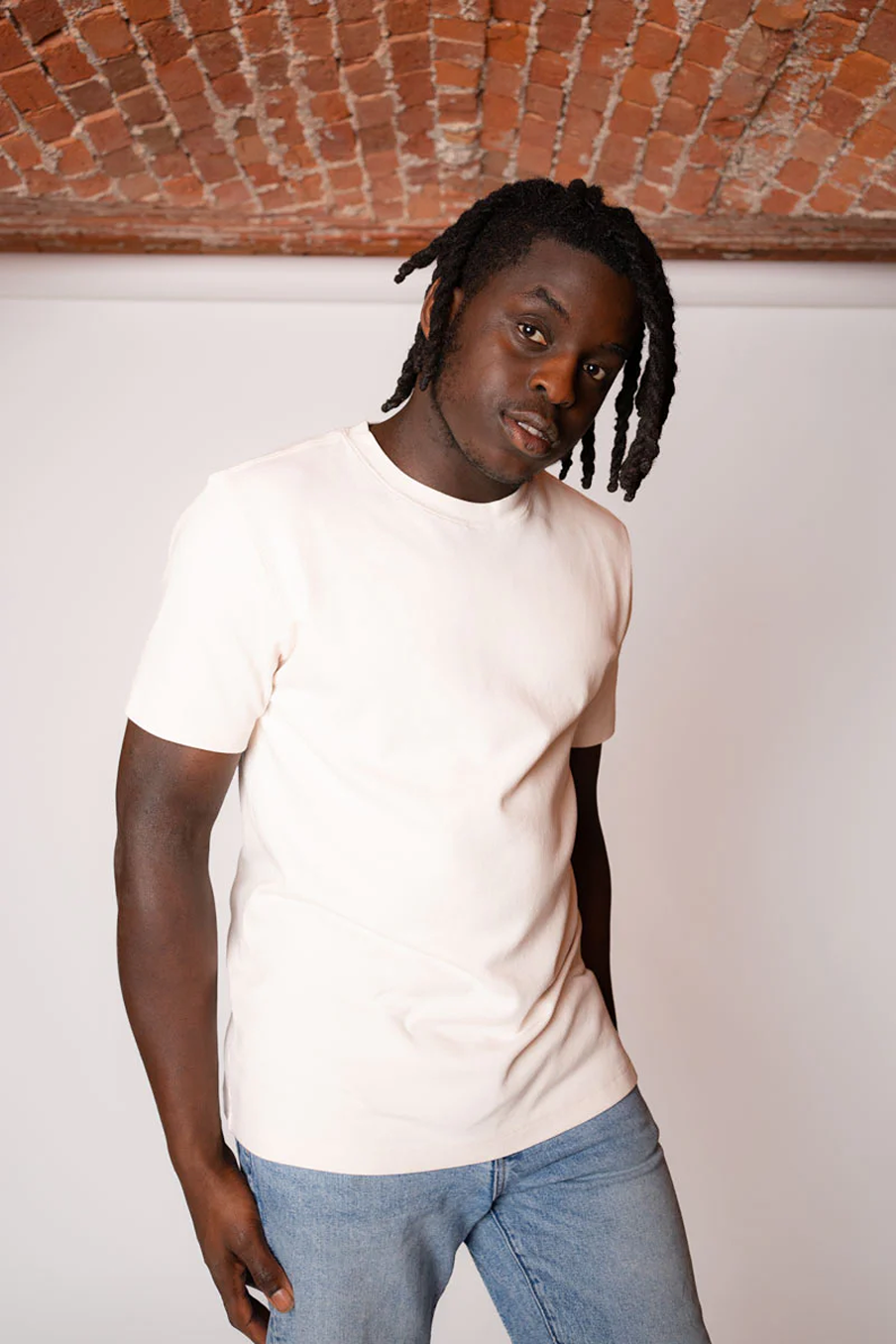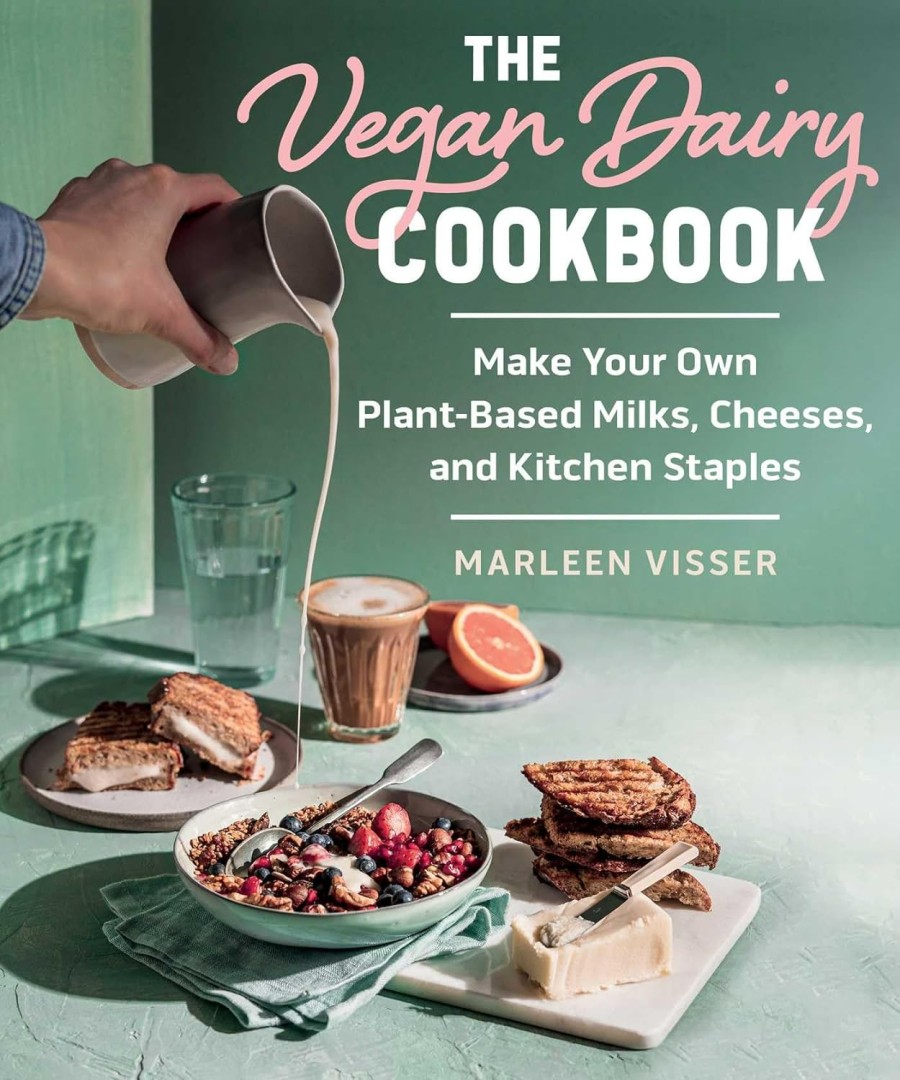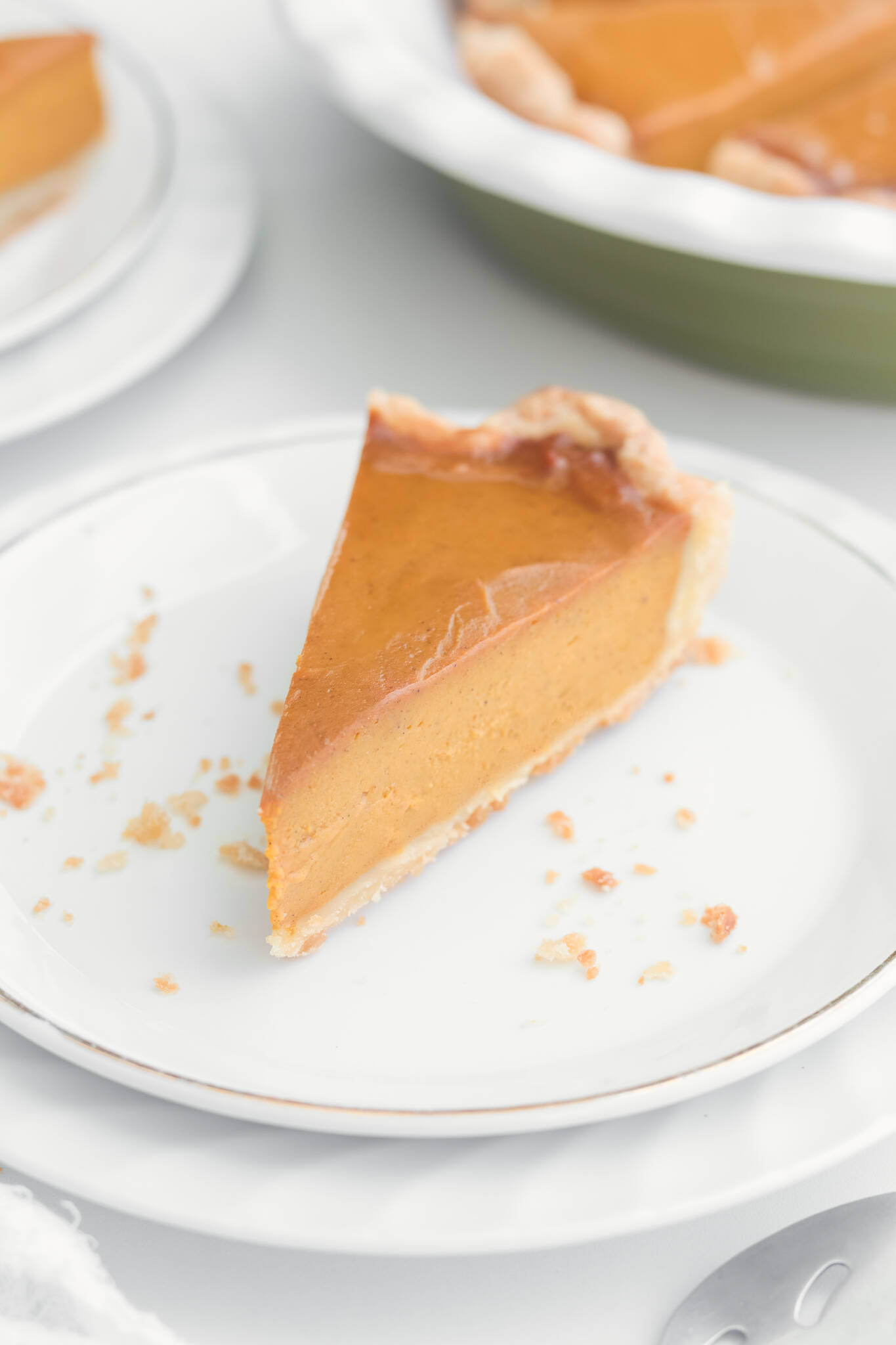Pay a Little Extra for Fairly-Made Clothes

Building a capsule wardrobe of a few quality fairly-made organic clothes, is far better than constantly buying ‘bargain clothing’ that is often made abroad, in conditions akin to slavery.
The Ethical Trading Initiative was brought into force, after the tragic building collapse a few years back, which killed many clothing workers in Bangladesh.
But it’s nowhere near as stringent as labels like Fair Wear, which is like the clothing alternative to Fair Trade food and drinks.
It traces how clothes were made, from farmers growing the fabrics to sewing the clothing. If you buy a £1 t-shirt, someone along the line, is not being treated well.
Fair Wear’s 8 Code of Labour Practices are:
- Employment is freely chosen
- The right to collective bargaining
- No employment discrimination
- No exploitation or child labour
- Payment of a living wage
- Reasonable hours of work
- Safe and healthy working conditions
- Legally binding employment relationship
Good on You lets you type in the name of clothing brands, to find ratings for human rights (how and where it was made) along with animal welfare and environmental scores.
M & S comes out top for the high street. And despite bargain brands like Primark not scoring well, more expensive brands (like Next) don’t score much better.
If laundering synthetic materials, use a microfibre filter. To stop plastics leaching out of washing machines, and into the sea.
Demand quality. Not just in the products you buy, but in the life of the person who made it. Orsola de Castro
Fast fashion – is asking you to forget about other humans, in favour of low prices. Amanda Lee McCarty
Often the ‘big brands’ boast that no child labour is used. Well it can’t be, because it’s illegal. But many are still paying a pittance to the garment workers, and making huge profits on selling you often inferior clothing.
In developing countries, workers are at risk from air pollution, fire hazards and chemical exposures. Fair Wear brands push for clean air, safety rules, good income and fire escapes.
Fair Wear brands not only pay their workers a living wage, but ensure this means workers can not just feed their families, but send their children to school, pay rent and see a doctor if they need to.
These brands also tend to use sustainable fabrics like organic cotton, hemp and linen. Which means less water used (in countries that often have water shortages) and this also helps to protect rivers (and wildlife) from pollution run-off.
Finally, Fair Wear brands tend to be made better, so last longer. Fashion is one of the most polluting and wasteful industries on earth. So buy less, but buy better! Better for the planet, workers and your wallet!





